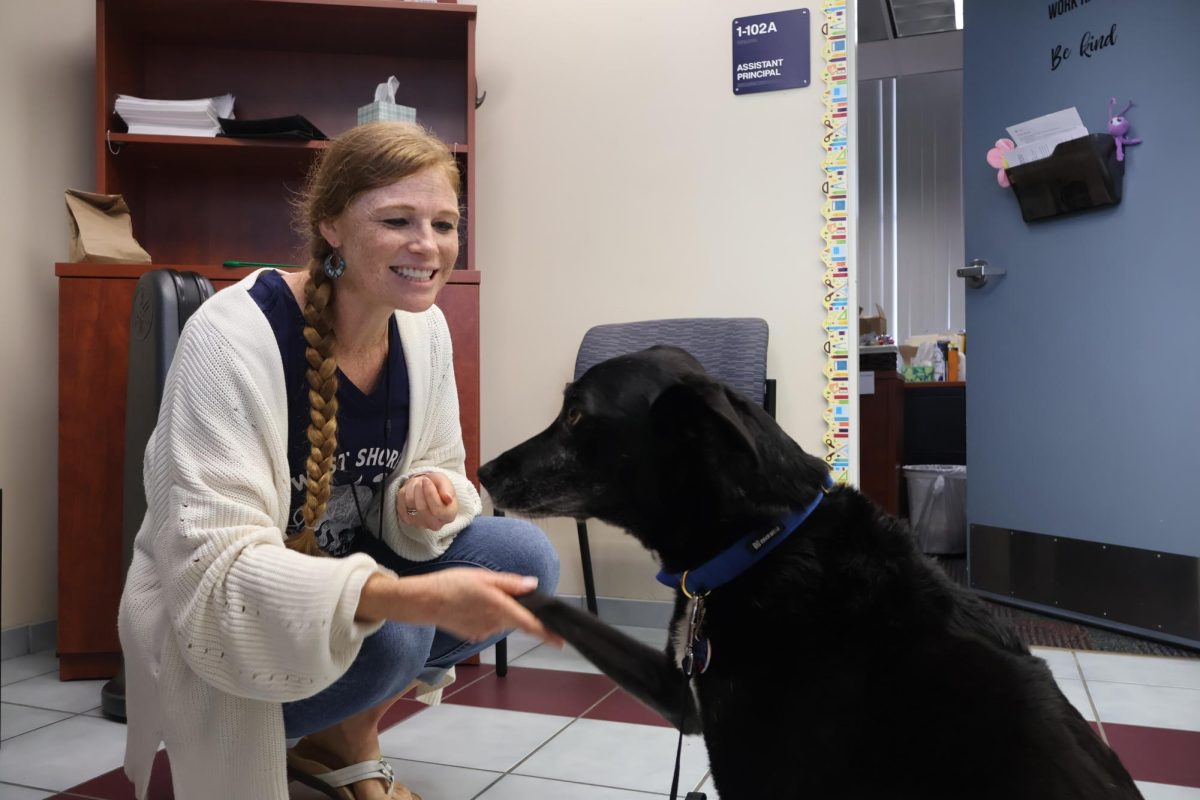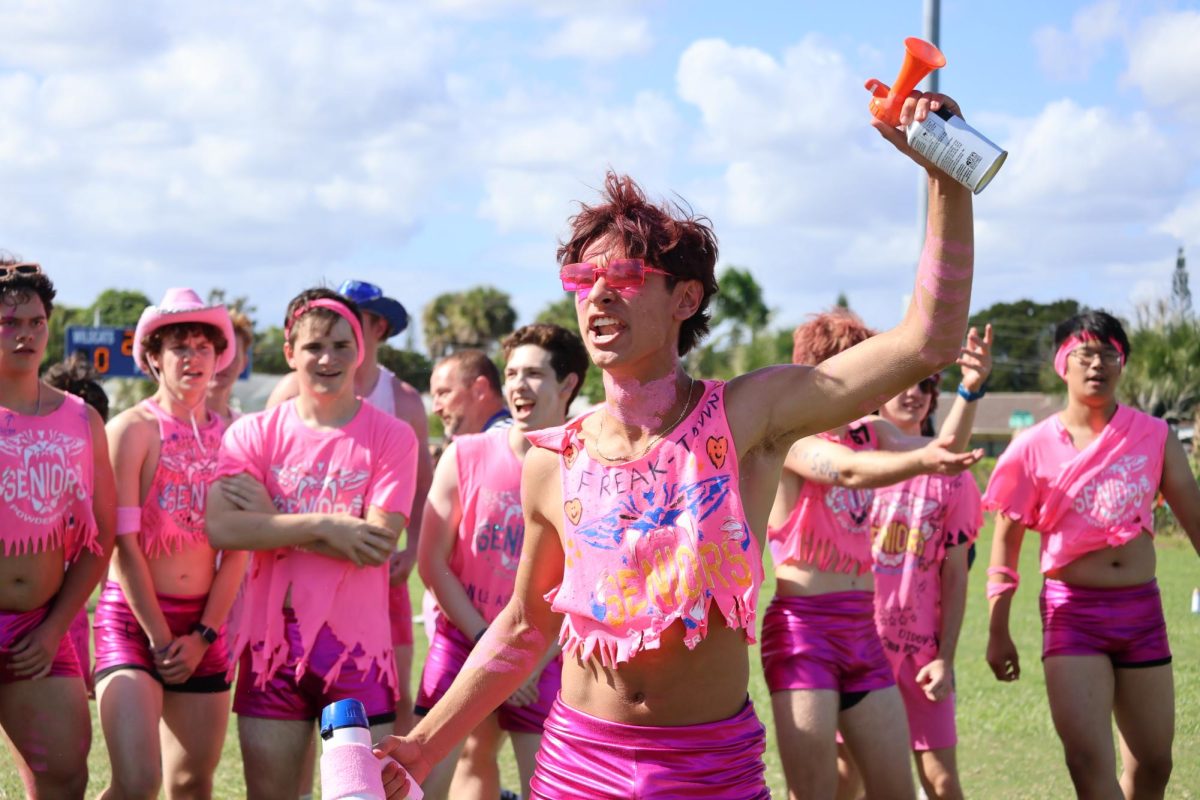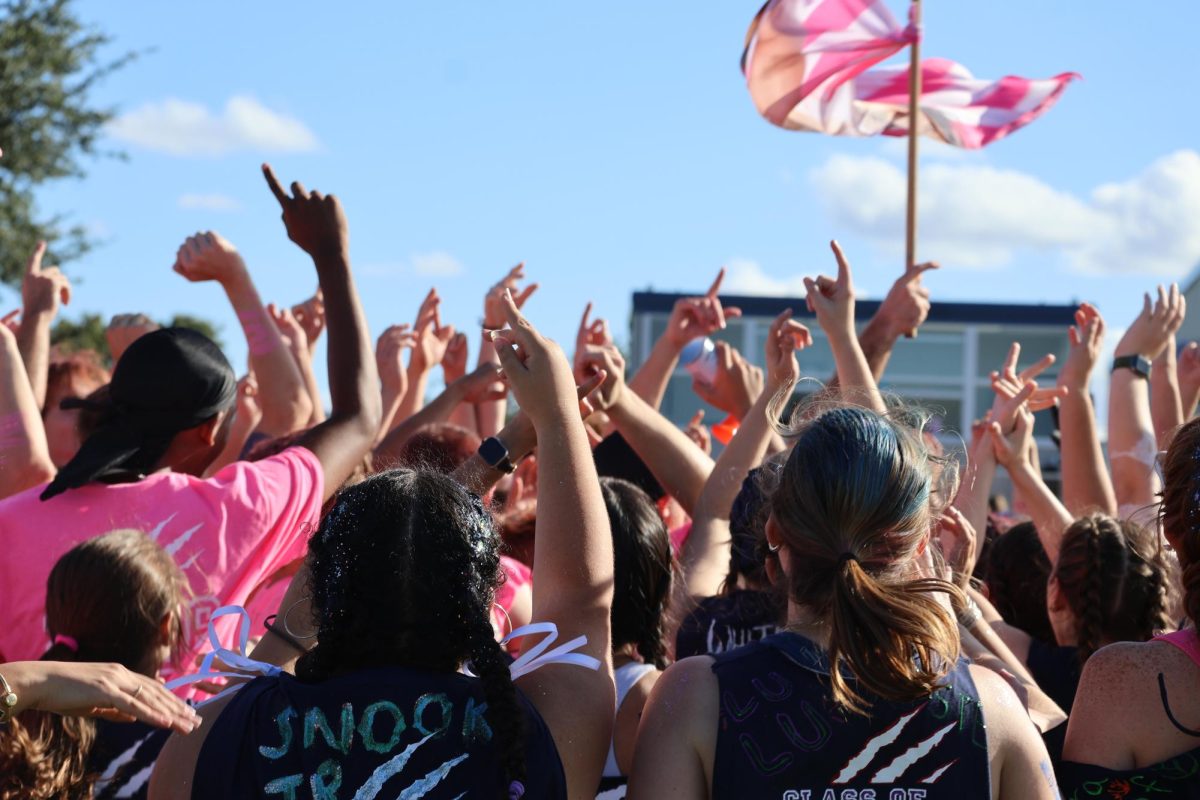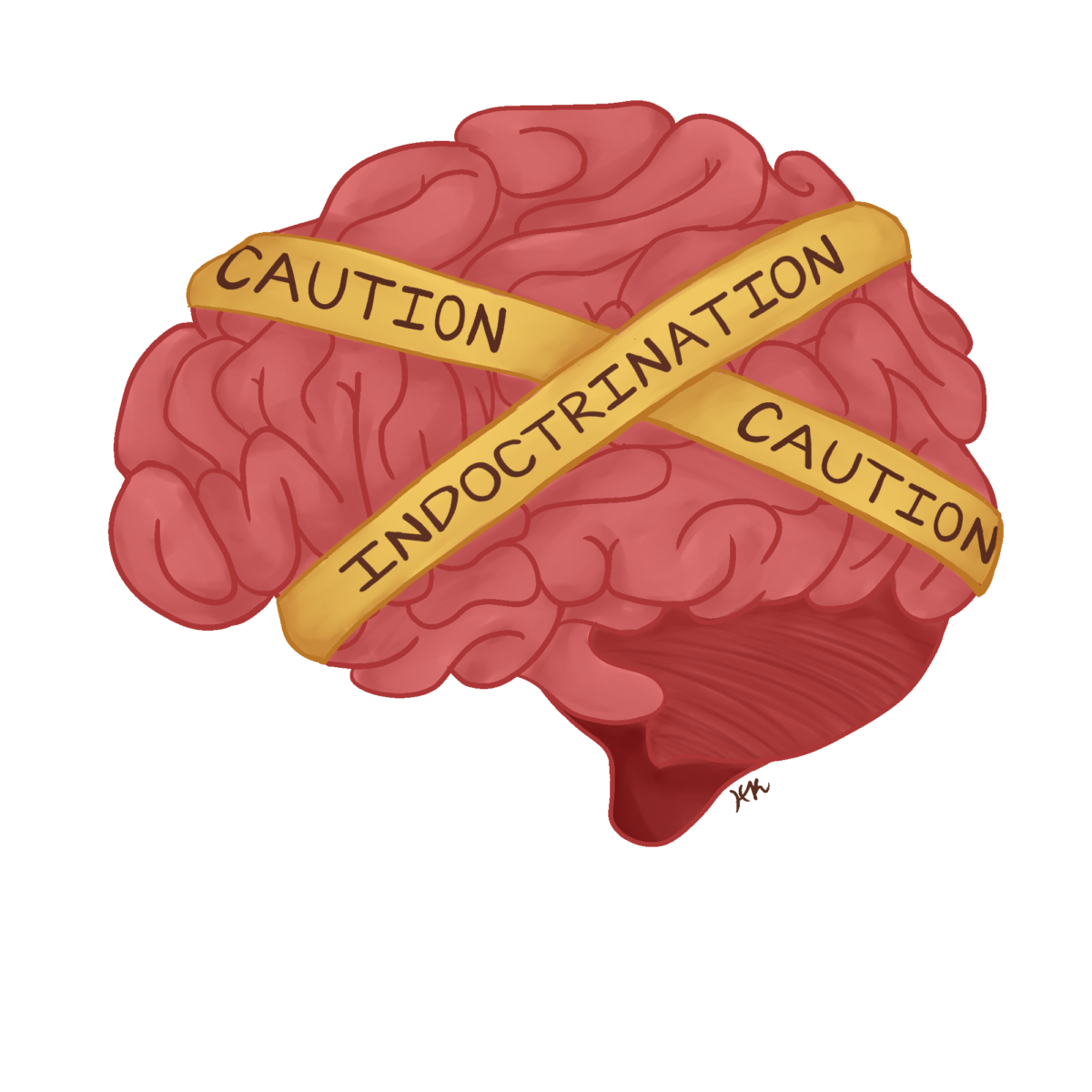As senior Varlha Eugene walked into her 5th period AP Comparative Government class on the first day of school, she felt her heart sink into her chest as reality set in. The absence of AP Psychology, banned by the Florida Department of Education just a week before school started, was a heavy weight upon her shoulders. The course was supposed to be a crucial credit towards her career path in medicine, and she said that having that opportunity taken away was proof that school systems have become “polarized and politicized.”
“The government is so detached from people that they think [the banning] is a good idea, but in reality they’re jeopardizing the degrees and the education of their students,” Eugene said. “The people who are making these decisions have no relationship to the daily lives of students they control; they haven’t done the proper research to look into how these courses are being taught to get a well informed opinion. Instead, they’re just inserting their political opinions into subject matter that they have no connection with. Students are the ones being truly affected, and we don’t have a say; none of us can vote.”
On Aug. 3, the Florida DOE announced that AP Psychology had been effectively banned due to “content on sexual orientation and gender identity.” Because of HB 1557, commonly referred to as the “Don’t Say Gay” law, instruction pertaining to sexual and gender identity within classroom settings is prohibited from grades K-12 in Florida schools. The DOE declared that the section including “inappropriate content” was to be removed if school systems were to continue teaching AP Psychology throughout Florida.
Subsequently, College Board released a statement, stating “any course that censors required course content cannot be labeled ‘AP’ and the ‘AP Psychology’ designation cannot be utilized on student transcripts.” About 30,000 students across the state this year had planned on taking AP Psych, and the announcement of the course removal placed pressure onto guidance offices to reconstruct student’s schedules. Senior Spencer Wilson said the anxiety of switching schedules as school started was overwhelming.
“It was really stressful,” Wilson said. “I immediately left AP Comparative Government and went to my guidance counselor to sort things out. I decided to add the Eastern Florida State College Psychology course to my schedule. The problem was that so many students were being forced out of psychology, so the chances of me getting into that class were very low. Everyone wanted to take psychology, so why not switch to Dual Enrollment? I was quite lucky to get into that class at all.”
However, within the following weeks, Florida Education Commissioner Manny Diaz Jr. said that the Florida Department of Education had “revised guidance on AP Psychology”, declaring that it may be “taught in its entirety.” After the release of this statement, 65 out of 67 districts in Florida decided to reestablish AP Psychology into education curriculums. Despite this, 2 counties remained unchanged, including Brevard County.
The AP Psychology course and exam are still prohibited under Brevard County’s legislation. College and Career Specialist Angela Feldbush said that although she understands the original reasoning to keep the ban in place, there has been enough clarification for AP Psychology to return to classrooms. In turn, she said the banning “isn’t in the best interest of students and teachers.”
“The problem is, whether or not we’ve allowed the class, we have historically allowed kids to self study and take an AP exam, because AP credit is not contingent upon successful completion of the class,” Feldbush said. “AP credit is about whether you can pass the test or not. By preventing kids from even taking the test, we’re now forcing them to drive to another county or state because we’re not providing the AP Psychology exam in Brevard County. That’s counter to everything we’ve done.”
For Principal Rick Fleming, his top priority was to ensure that both students and faculty had a well balanced yet secure school year. He said that although administration was frustrated by the havoc caused by the banning, he could sympathize with the superintendent.
“If we were in the middle of the school year and the state said, ‘We’re going to invalidate all of AP Psych’ again, we don’t want our students nor teachers to be caught into that,” Fleming said. “I hate to see that our students are hurt by this. However, I didn’t want them to not have an opportunity to have another AP on their transcript. Hence, our reasoning for pivoting to AP Comparative Government.”
Fortunately, AP Psychology may not be gone forever. Students such as Junior Hunah Quadri still might have the opportunity to take AP Psychology next year if it returns to the curriculum. Yet, she still finds the removal of the course unreasonable.
“The purpose of the legislation is that parents can decide what we learn and what we don’t,” she said. “But, we’re all almost adults. By 17, 18, and even 16, that’s a little too old to control our education.”
As schedules were finalized and students returned to their regular routines, senior Shalia Venkat said she struggled to accept the “political move” made by the district legislature. She said that with the banning of AP Psychology and AP African American Studies, she finds less and less hope for the future of Florida education.
“The fact that people are saying that AP psych has been banned in the name of “parental rights” is ridiculous,” Venkat said. “They’re not going to teach us something that’s extremely inappropriate or unnecessary. It’s just a control thing, at this point. They’re trying to erase people learning about things like sexuality, race and gender in schools. You’d be better off learning it in high school in a controlled environment with a professional that you can trust versus someone learning about these things through the internet.”


![Sophomore Isabelle Gaudry walks through the metal detector, monitored by School Resource Officer Valerie Butler, on Aug. 13. “I think [the students have] been adjusting really well," Butler said. "We've had no issues, no snafus. Everything's been running smoothly, and we've been getting kids to class on time.”](https://westshoreroar.com/wp-content/uploads/2025/08/IMG_9979-1200x800.jpg)



































